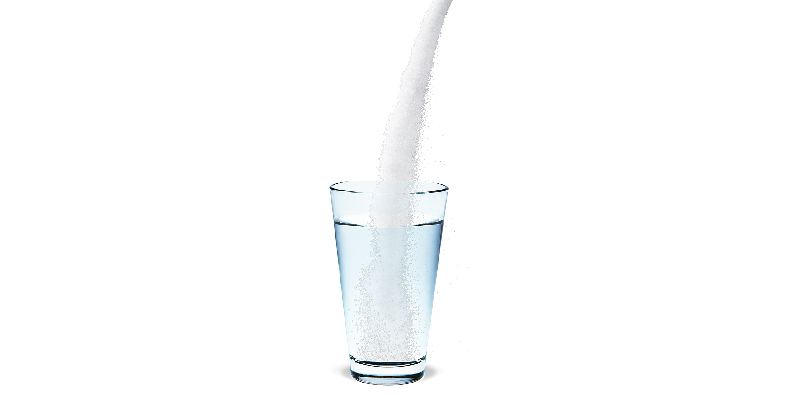Do you or your family member often gets sneezing, nose rubbing, or even runny nose as a result of itchy nose? First of all, you need to determine it is a cold or a nose allergy (that is, allergic rhinitis).
Cold (Flu): Prolonged nasal congestion, often with symptoms of fever, cough, thick nasal discharge or runny nose.
Allergic Rhinitis: Itchy nasal cavity, throat, eyes and ears, with clear nasal mucus or running nose. (can be intermittent or persistent)
In short, allergic rhinitis has 4 major symptoms: nasal congestion, itchy nose, sneezing, and clear runny nose.
The next step is to find out the hidden allergens in your home. Severe allergic rhinitis may affect your daily routine, the ability to stay focus at work or study, sleep quality, etc.
Persistent symptoms may lead to complications like sinusitis, asthma, ear infections, allergic conjunctivitis, and atopic dermatitis, which are hard to cure.
Therefore, the key to prevention is to find out the allergens and reduce inhaling them or exposure to them.
Main allergens
Indoors: mites, molds, dust, kitchen fumes, pet hair, insects, air conditioners, plush toys, etc.
Outdoors: weeds, pollen, catkins, contaminated air, secondhand smoke, etc.
Food: marine fish, crabs, shrimps, eggs , milk, etc.
Contactant: cosmetics, perfumes, gasoline, paint, alcohol, formaldehyde, etc.
After finding out these allergens, try to avoid contacting, ingesting or inhaling them. Indoor is the best controlled environment, you are able to control at a large scale on the emergence and elimination of the allergens.
For instance:
- Use scented sprays, perfumes, mosquito repellents and other chemicals with caution
- Avoid pets if you have persistent allergic rhinitis
- Improve indoor conditions by maintaining sanitation, ventilation and clean air, including:
– Clean the air conditioner regularly
– Avoid accumulation of dust
– Change and wash frequently the bedding items and carpets to keep out mites and molds
– Use an air purifier to filter indoor impurities, so that your indoor air is cleaned and purified.
You should consult a doctor for professional advice and receive relevant treatment if needed. Besides that, good daily living habits may help you to prevent and improve allergic rhinitis to a great extent.
To reduce the recurrence and speed up the recovery of allergic rhinitis, you can try to keep your body from getting cold, exercise to strengthen your body, and at the same time, eating food that will boost your immunity.
If you want to know more about daily good health information, stay tune NESH official website and social media. We have more exclusive good news and information to share with you firsthand!







